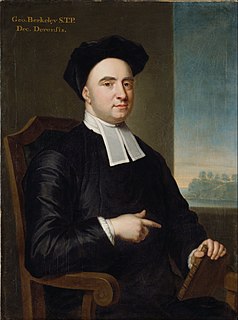 W
WGeorge Berkeley – known as Bishop Berkeley – was an Irish philosopher whose primary achievement was the advancement of a theory he called "immaterialism". This theory denies the existence of material substance and instead contends that familiar objects like tables and chairs are ideas perceived by the minds and, as a result, cannot exist without being perceived. Berkeley is also known for his critique of abstraction, an important premise in his argument for immaterialism.
 W
WRobert Boyle was an Anglo-Irish natural philosopher, chemist, physicist, and inventor. Boyle is largely regarded today as the first modern chemist, and therefore one of the founders of modern chemistry, and one of the pioneers of modern experimental scientific method. He is best known for Boyle's law, which describes the inversely proportional relationship between the absolute pressure and volume of a gas, if the temperature is kept constant within a closed system. Among his works, The Sceptical Chymist is seen as a cornerstone book in the field of chemistry. He was a devout and pious Anglican and is noted for his writings in theology.
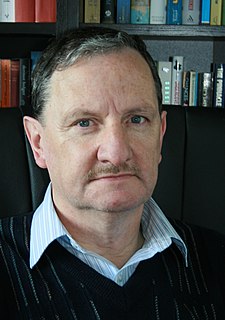 W
WGerard Casey is an Irish academic who is Professor Emeritus at University College Dublin.
 W
WWilliam Desmond is an Irish philosopher who has written on ontology, metaphysics, ethics, and religion.
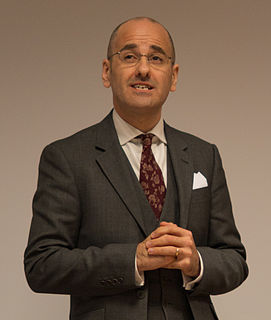 W
WMark Dooley is an Irish philosopher, writer and newspaper columnist. A specialist in continental philosophy, theology and the philosophy of religion, he is the author of several books, including The Politics of Exodus: Kierkegaard's Ethics of Responsibility (2001), Roger Scruton: The Philosopher of Dover Beach (2009), and Why Be a Catholic? (2011).
 W
WMaurice O'Connor Drury was a psychiatrist and follower of Ludwig Wittgenstein born in Marlborough, Wiltshire, England of Irish parents. He grew up in Exeter, Devon, England, where his father, Henry D'Olier Drury, who had been a teacher in Marlborough college, retired.
 W
WKieran Egan is a contemporary educational philosopher and a student of the classics, anthropology, cognitive psychology, and cultural history. He has written on issues in education and child development, with an emphasis on the uses of imagination and the intellectual stages that occur during a person's intellectual development. He has questioned the work of Jean Piaget and progressive educators, notably Herbert Spencer and John Dewey.
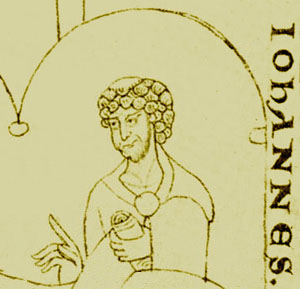 W
WJohn Scotus Eriugena or Johannes Scotus Erigena was an Irish theologian, neoplatonist philosopher, and poet. He succeeded Alcuin of York (735–804) as head of the Palace School at Aachen.
 W
WCharles Graves was an Irish mathematician, academic, and clergyman. He was Erasmus Smith's Professor of Mathematics at Trinity College Dublin (1843–1862), and was president of the Royal Irish Academy (1861–1866). He served as dean of the Chapel Royal at Dublin Castle, and later as Bishop of Limerick, Ardfert and Aghadoe. He was the brother of both the jurist and mathematician John Graves, and the writer and clergyman Robert Perceval Graves.
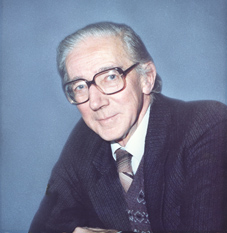 W
WGeorge Edward Hughes, usually cited as G. E. Hughes, was an Irish-born New Zealand philosopher and logician whose principal scholarly works were concerned with modal logic and medieval philosophy.
 W
WFrancis Hutcheson was a philosopher born in Ulster to a family of Scottish Presbyterians who became known as one of the founding fathers of the Scottish Enlightenment. He is remembered for his book "A System of Moral Philosophy".
 W
WHerbert John Ignatius McCabe was an English-born Irish Dominican priest, theologian and philosopher.
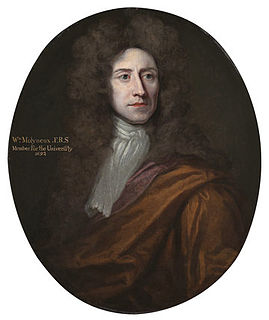 W
WWilliam Molyneux FRS was an Anglo-Irish writer on science, politics and natural philosophy.
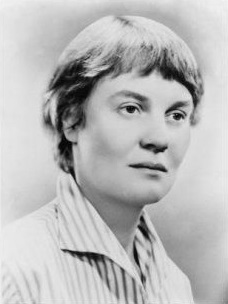 W
WDame Jean Iris Murdoch was an Irish and British novelist and philosopher. Murdoch is best known for her novels about good and evil, sexual relationships, morality, and the power of the unconscious. Her first published novel, Under the Net, was selected in 1998 as one of Modern Library's 100 best English-language novels of the 20th century. Her 1978 novel The Sea, the Sea won the Booker Prize. In 1987, she was made a Dame by Queen Elizabeth II for services to literature. In 2008, The Times ranked Murdoch twelfth on a list of "The 50 greatest British writers since 1945".
 W
WBrendan Sweetman is an Irish philosopher interested in philosophy of religion, contemporary European philosophy, and political philosophy. He is a specialist on the work of French philosopher, Gabriel Marcel. He holds the Sullivan Chair of Philosophy and is Professor of Philosophy at Rockhurst University, Kansas City, Missouri, USA.
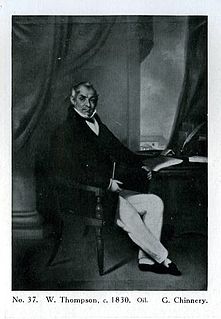 W
WWilliam Thompson was an Irish political and philosophical writer and social reformer, developing from utilitarianism into an early critic of capitalist exploitation whose ideas influenced the cooperative, trade union and Chartist movements as well as Karl Marx.
 W
WJohn Toland was an Irish rationalist philosopher and freethinker, and occasional satirist, who wrote numerous books and pamphlets on political philosophy and philosophy of religion, which are early expressions of the philosophy of the Age of Enlightenment. Born in Ireland, he was educated at the universities of Glasgow, Edinburgh, Leiden and Oxford and was influenced by the philosophy of John Locke.